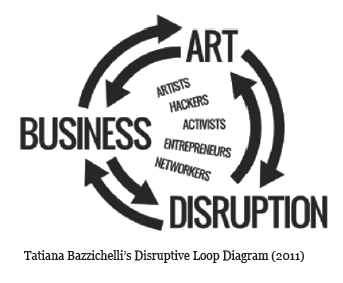Funding cuts have forced museums and galleries to employ more unpaid volunteers and reduce the numbers of museum professionals, affecting education and outreach programmes. (UK)
More than a third of museums and galleries were forced to cut their paid staff in the last year, primarily due to falling public investment. 49% received a cut in their overall income, putting services for vulnerable people and non-traditional audiences under threat. Funding cuts have affected half of all museums in the past year alone, forcing 47% to increase the number of unpaid volunteers and interns that they employ. Mark Taylor, Director of the Museums Association, said: “Interns and volunteers have plenty to offer, but can never replace skilled, experienced staff. We know museums’ public services are being hit and we are increasingly worried about the loss of specialist expertise and the long-term care of collections. It is outrageous that young people should be expected to work for nothing”. Unpaid internships are increasingly controversial in museums and the wider arts sector where the work can be exploitative, and it also reduces the diversity of people who can enter the museum workforce, according to Taylor: “Only wealthier young people can afford to work for nothing, especially in expensive cities like London”.
Data from the Museums Association’s Cuts Survey 2013, where respondents were asked to comment on changes over the past 12 months to income, staffing levels and service provision, shows 23% of respondents reduced the number of temporary exhibitions on display and 28% of museums reduced the number of free events on offer. School visits have decreased at nearly a third of museums.
More: Artsprofessional



 MMA countdown – Free Artists welcomes the resigned MMA-members!
MMA countdown – Free Artists welcomes the resigned MMA-members! TRANSZPARENCIÁT!
TRANSZPARENCIÁT!